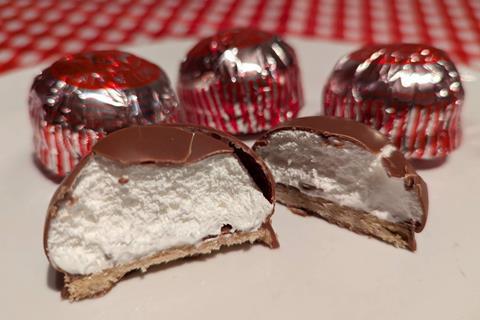
Tunnock’s Tea Cakes have regained their wingman status after six decades on the Royal Air Force’s no-fly list.
The Scottish sweet treats were said to be all the rage with aircraft crew following their market launch in 1956. They were used to stave off hunger while nuclear bombers flew long training sorties at the height of the Cold War.
However, in the summer of 1965, a captain and student pilot forgot they had placed unwrapped tea cakes above their instrument panels. When the captain pulled an emergency depressurising switch, the biscuits erupted covering the wind shield, flight controls, and uniforms with shards of chocolate and sticky marshmallow.
The Tunnock’s Tea Cake was swiftly hit with a flight ban from RAF flights and has remained grounded ever since, until now.
An experiment conducted earlier this year at the RAF Centre of Aerospace Medicine in Bedfordshire has finally helped clear the treat for flying. In a test filmed by the British Forces Broadcasting Service (BFBS), the tea cakes were placed inside an altitude chamber – normally used in the training of new fast jet pilots – and lifted to 8,000ft, climbing at 4,000ft per minute. They were they rapidly decompressed to 25,000ft in three seconds to see if they would once again explode.
As air pressure in the chamber decreases, the air trapped inside the tea cake expands due to Boyle’s Law. While the chocolate coating broke in the test, the biscuits didn’t actually explode as previously reported.
Medical officer instructor Dr Oliver Bird, who oversaw the experiment, said he saw no reason why the tea cakes couldn’t be taken on flights but recommended freezing them to make them more robust. Pilots are also advised to keep the treats in their foil wrapping until ready for consumption.
Hannah King, a producer and director for the BFBS who filmed the experiment, called it “a critical piece of scientific testing”. “I’m just glad the RAF medics at the Centre of Aerospace Medicine stepped up and answered the question that everyone’s been wondering for so many years,” she said.
“It may be that the original tea cakes really did explode in a much more dangerous fashion. Perhaps the recipe has changed – who knows? But people ought to spread the word – it’s safe to fly with tea cakes.”
Fergus Loudon, sales director at Tunnock’s, commented: “If we really are talking about the people who fly our supersonic jet fighter bombers, then I’m inclined to think that Tunnock’s Tea Cakes wouldn’t be the highest thing on their list of worries, but I’m glad to hear that they can now enjoy them, like everybody else, with official approval.”
The tea cakes were developed by Sir Boyd Tunnock, grandson of the company’s founder Thomas Tunnock. Sir Boyd was knighted in the 2019 Queen’s Birthday Honours for his services and still runs the family firm to this day at the age of 91.
In its latest financial accounts filed to Companies House for the 52 weeks ended 24 February 2024, Tunnock’s revealed it had more than quadrupled pre-tax profits compared to the previous term (£4.1m versus £1m in FY23). It also reported a 15% increase in turnover to £87.1m, with volumes up by 5% to 629m units.
The company also produces a sweet treat range of tea cakes, caramel wafers, and snowballs at its site in Uddingston near Glasgow, which has seen investments of £2m and £3.4m in FY23 and FY24, respectively, to expand capacity and maintain Tunnock’s position “at the forefront of the market”.



















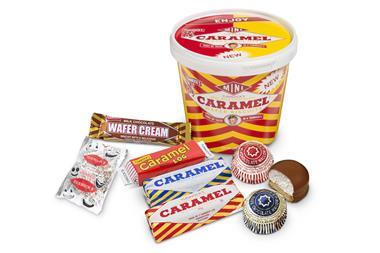
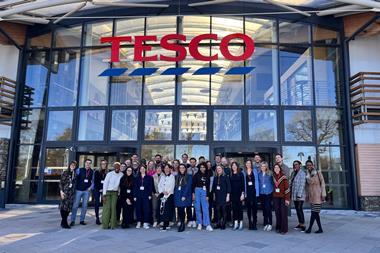
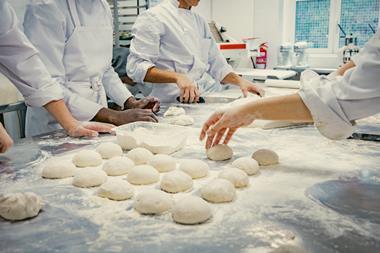

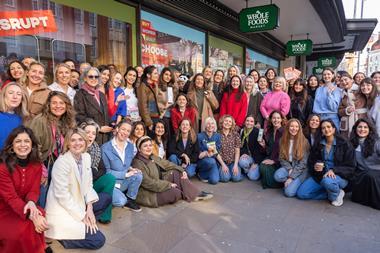
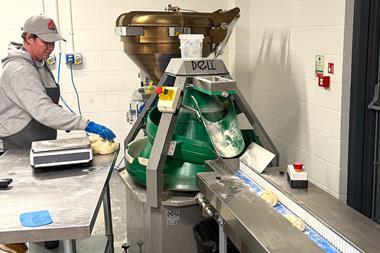
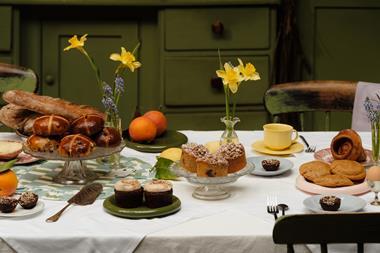
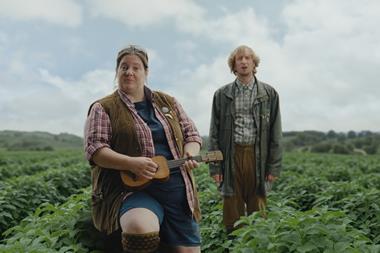
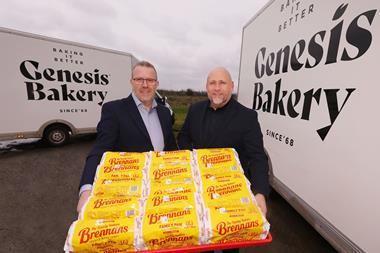
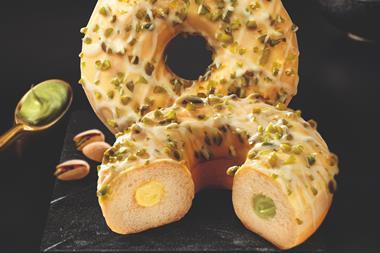
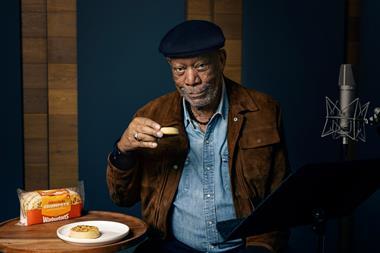


No comments yet